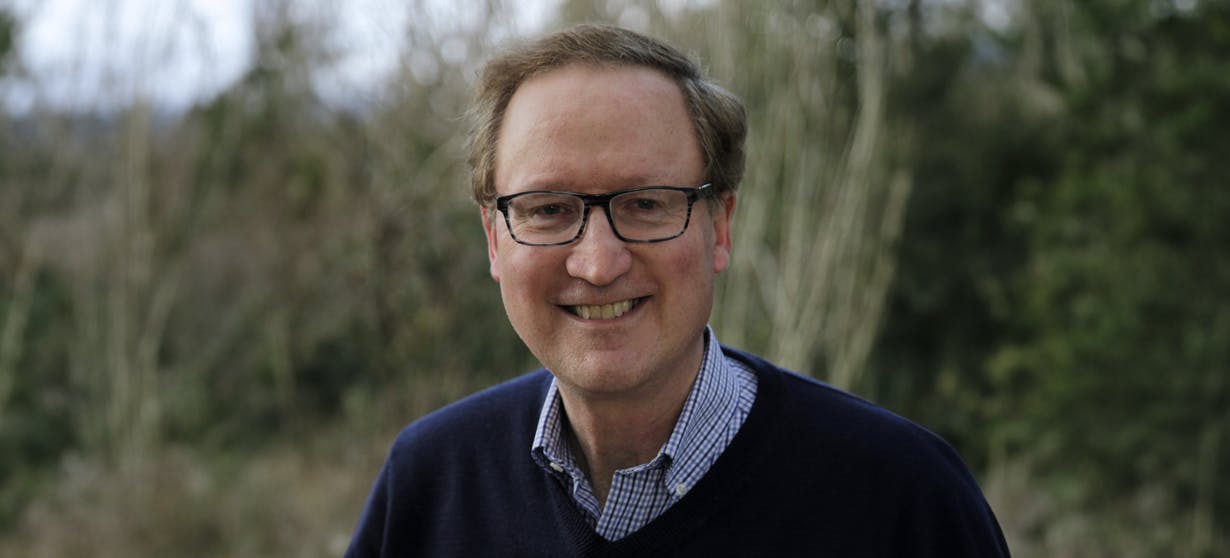Jewish Peoplehood is an Essential Component of World Jewry's National Institutions
May 28th, 2023

By Rabbi Alan Silverstein, Ph.D. MERCAZ Olami, President
Jewish Peoplehood is an Essential Component of World Jewry's National Institutions
When I became President of MERCAZ Olami in February 2016, a comprehensive vision governed the National Institutions of the Jewish People [Worldwide] -- the World Zionist Organization, The Jewish Agency for Israel, Keren Kayemet LeYisrael, and Keren Hayesod. Many substantive disagreements existed among the more than a dozen Zionist "Britot" and Irgunim." Yet following the outcome of each once-in-5-years election for a World Zionist Congress, a "wall-to-wall" Zionist coalition emerged. Everyone understood the benefit of being inclusive of every type of Jew and Zionist. All of us affirmed the criteria elaborated within the 1953 [updated in 1968] Jerusalem Program: notably "fostering the unity of the Jewish people"
Regrettably, new "parties" have entered into the mix, seeking to eliminate from the final Coalition factions with whom they disagree. This divisive attitude made necessary the submission and approval of a Resolution reaffirming "Jewish Peoplehood" at last Fall's Va'ad HaPoel [ Zionist General Council]. Approved unanimously, the resolution called upon the World Zionist Organization "to deepen its activities in the areas of Jewish peoplehood, promoting the connection between the State of Israel and the Jewish communities inside the Jewish State and throughout the Diaspora regardless of their affiliation."
As noted by Rabbi Mauricio Balter, Executive Director of MERCAZ Olami and Masorti Olami, "Our proposal might seem obvious, but in fact, it is tremendously important for our ability to initiate and act on behalf of pluralistic Judaism and to strengthen Jewish Unity throughout the world." Dr Yizhar Hess, Vice Chair of the WZO, added, "The fact that this resolution gained support across the board proves that the Zionist movement has matured and understands that there is more than one way to be a Jew and a Zionist." As an example, the Jewish Agency "operates as a living bridge between Israeli society and the Jewish world by promoting Jewish peoplehood."
What is "Jewish peoplehood?"
In the 1940s, both Rabbi Milton Steinberg and Dr. Mordecai Kaplan pioneered in the use of this word. They sought to capture a sense of communal identity even beyond the nationalism of supporting Jewish statehood. Drs Erica Brown and Misha Galperin [in The Case For Jewish Peoplehood] note that "[peoplehood] has been called by different names or spurred by different concerns: continuity, identity, renaissance, solidarity, unity. In Hebrew, peoplehood is amiyut, from the word am or nation... Peoplehood is about all of these terms but goes well beyond it."
Mordecai Kaplan elaborated upon factors that characterize Jewish peoplehood ---
- A sense of common history and destiny
- A common language and literature, a common ancestral land as the focal point of its future hopes, common folkways, and a common religion
- A social cohesiveness, with Jews being recognized as a distinct group by non-Jews.
Rabbi Kaplan also diagnosed three elements of Jewish distinctiveness:
1. Believing --- a set of religious postulates and values accepted in diverse ways
2. Behaving -- Jewish "sancta,'' "folkways," and practices during holy days, life cycle milestones, and daily lifestyle
3. Belonging - affiliation with other Jews in groups, family networks, and associations
Throughout the 1950s and 1960s, adherence to Jewish peoplehood and its inclusive nature gained traction. In the aftermath of Israel's military victory in June 1967, United Jewish Appeal adopted themes derived from amiyut.
Additionally, the Jerusalem Program was revised acccordingly by 27th Zionist Congress in 1968, emphasizing the "foundations of Zionism, among which are:"
- the unity of the Jewish people, its bond to its historic homeland Eretz Yisrael...
- Aliya...
- Strengthening Israel as a Jewish, Zionist, and democratic state, and shaping it as an exemplary society with a unique moral and spiritual character, marked by mutual respect for the multi-faceted Jewish people, rooted in the vision of the prophets, striving for peace and the betterment of the world.
- Ensuring the future and distinctiveness of the Jewish people by furthering Jewish, Hebrew, and Zionist education.
- Nurturing mutual Jewish responsibility, defending the rights of Jews as individuals and as a nation, and representing the national Zionist interests of the Jewish people...
Dr. Jonathan Woocher of JESNA authored a 1986 study of UJA leadership entitled The Civil Religion of American Jews. Woocher identified seven major tenets of UJA Peoplehood, a Diaspora adaptation of the Jerusalem Program:
- The Unity of the Jewish People -- "We Are One"
- Mutual Responsibility
- The Priority of Jewish Survival amid a Threatening World
- The Centrality of the State of Israel
5. The Enduring Value of Jewish Tradition as an Underlying Source of Inspiration for Both Observant and Non-Observant Jewish Activists
6. Tzedakah as promoting Jewish Continuity for the Future and Social Justice for the Present
7. Liberal Democracy [American-ness] as a Virtue
Dr. Charles Liebman proceeded to augment Woocher's Diaspora assessment of the Jerusalem Program with 6 key principles of what he labeled "folk religion."
1. There is nothing incompatible with being a good Jew and a good citizen of a hospitable state like the USA.
2. Jews benefit from the separation of such a state apparatus and one specific faith.
3. The Jews constitute one indivisible people. Thus denominational differences must not be permitted to threaten this essential unity.
4. Problems of theology are somewhat irrelevant. Ensuring the physical and spiritual survival of the Jewish People is more important than theological disputation.
5. Jewish rituals are valuable forms of Jewish self-expression. But individuals must be free to select and adapt Jewish practices to conform to modern norms.
6. Every Jew must work for the survival of Israel but need not live there.
We remain determined to sustain the inclusive unity of the Jewish People as affirmed by the Jerusalem Program --- diversity and pluralism of the National Institutions of Am Yisrael in executing the goals of the aforementioned Jerusalem Platform.
This means that irrespective of divergent views among the britot and irgunim, we are unified:
In favor -- of the defense and strengthening of Medinat Yisrael, of the encouragement of Aliya, of promoting Jewish values and identity through Hebrew education, and of building bridges between Israel and the Diaspora. It also means unified in opposition to anti-Semitism, to anti-Zionism, to assimilation, Jewish illiteracy, and to indifference to our Jewish destiny.
In sum, we cannot allow naysayers within our ranks to divide us. Instead, as Zionists and as Jews, we must preserve our Unity amid our Diversity!
Rabbi Jack Cohen [1952] reflected that MK initially applied the term "nation" to the Jews. He was referring to the distinctive ethnic character of Jewry even after the loss of political independence and concomitant dispersion.
With the rise of political Zionism, confusion of terminology arose. Jewish nationalism intensified its effort to forge a Jewish homeland in Eretz Yisrael. Lest a lack of focus ensues, MK shifted to addressing the Jews as "a people," a more comprehensive spiritual rather than a more narrow political approach.
MK borrowed from Milton Steinberg's substituting of Jewish "people " for "nation." People came close to the Hebrew word "Am" as in "Am Yisrael." and bore a resemblance to the notion of "family."
Milton Steinberg, A Partisan Guide To The Jewish Problem [1945] -- "The Jews are a people. This is the third ingredient [along with religion and culture] in Jewishness. A people is a body of persons who partake together in a social past and its heritage, a present and its problems, a future, and its aspirations.... marked by kinship and shared interests among its members... a fellowship of tradition and destiny."
Rabbi Mordecai Kaplan elaborated by stressing the factors within peoplehood:
1. A sense of common history and destiny
2. A common language and literature, a common ancestral land as the focal point of its future hopes, common folkways and a common religion
3. Social cohesiveness, Jews being recognized as a distinct group by non-Jews.
For Rabbi Mordecai Kaplan, distinctiveness was evident in 3 ways - Jewish Behavior, Jewish Belief, and Jew Belonging. The overall goal was to make Jewish unity possible despite Jewish dispersion and diversity.
This Op-Ed was originally published in the Times of Israel




